As a devoted cannabis enthusiast, I’ve always wondered, can CBD get you high? Would high amounts of CBD oil and other cannabis-derived products make you hallucinate?
Most CBD products in the United States (U.S.) are derived from flowers, stems, and leaves of hemp plants. Therefore, it’s just right to be aware of whether CBD can get you high or not.
Just now, try forgetting about CBD-rich flowers and focus on oils. For me, the Halal CBD Drops have been the best oil in helping with several personal conditions.
Understanding What CBD Is
Contents
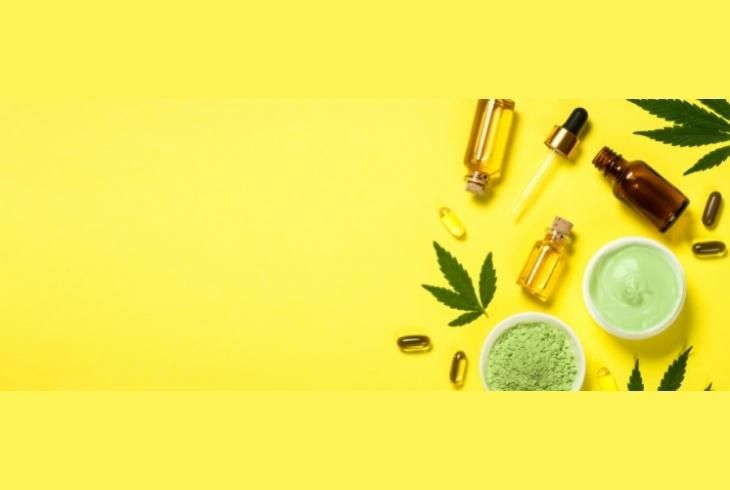
So, can you get high from CBD? Before we get to that, you must know 100% what CBD is.
Cannabis sativa plant is one of the best herbages out there — the same with cannabis indica. But do you know what exactly its contents are?
Cannabidiol (CBD) is one of the many natural cannabinoids or chemical compounds in the hemp plant. It’s an active ingredient that can also be extracted from the cannabis plant, but there will be differences as regards CBD levels.
This chemical is ideally used for anti-seizure prescription medications because of its calming and soothing effects.
I’ve heard and read a lot of hearsay about CBD being exactly related to recreational marijuana, but that’s actually a gray area.
CBD is just one of the many different compounds present in hemp. There are also other cannabinoids found in hemp and cannabis plants.
DID YOU KNOW: There are around 80 to 100 cannabinoids in hemp and cannabis plants and about 300 non-cannabinoid compounds.
CBD and THC: Are They Different?
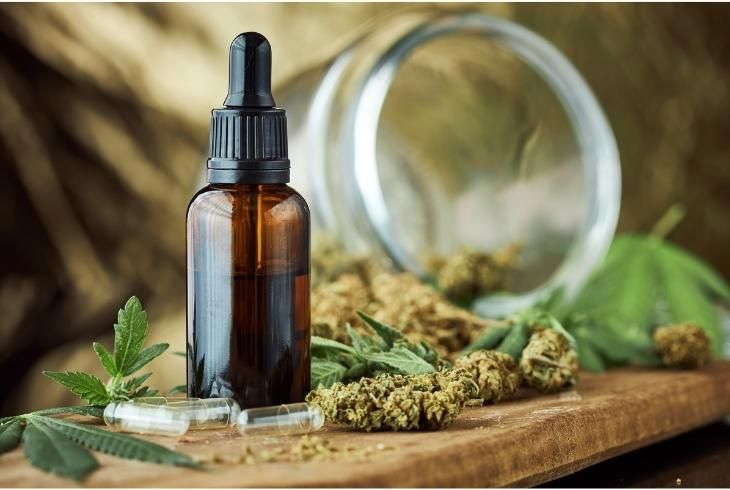
Yes, CBD or Cannabidiol is different from THC or Tetrahydrocannabinol. Both have therapeutic benefits that help patients with particular health conditions.
So, let me give you a quick lesson as to what CBD and THC are, how they’re different, their legalities, and whether they have brain-altering effects or not.
Chemical Structure
Both CBD and THC are cannabinoids found in hemp, cannabis indica, cannabis sativa, and cannabis ruderalis plants. In terms of chemical and molecular structure, both CBD and THC contain:
- 2 Oxygen Atoms
- 21 Carbon Atoms
- 30 Hydrogen Atoms
If they’re the same, they should have similar effects, right? No, they do not.
The arrangement of these atoms is the reason why they have vastly different effects on the human body. In fact, that’s what we’ll be discussing next.
Effects
CBD and THC do not have the same psychoactive effects. So, is CBD psychoactive? The answer is yes, it is — not just in the way THC is.
So how do CBD and THC affect the body?
Well, the usual and notable effects of CBD (or other CBD-derived products) are known to be calming, soothing, and relaxing. In fact, there have been medical references pertaining to how effective they are in helping seizures, depression, and anxiety.
On the other hand, THC binds with cannabinoid receptors in the brain strongly. This gives the euphoric feelings or the idea of being “high.”
CBD needs THC to bind with these cannabinoid receptors, which actually paints the picture of why it does not have the intoxicating properties THC has.
NOTE: CBD is an endocannabinoid system modulator, while THC is a cannabinoid agonist.
Health Benefits
Both cannabinoids have health benefits — these benefits are actually even the same. To help you identify what could work better, here are some of their benefits!
CBD is great for:
- Relieving Pain
- Helping Relieve Stress
- Moderating Mental Disorders or Psychosis
- Coping With Anxiety and Depression
- Relieving Migraine
- Helping Reduce Inflammation
THC is great for:
- Relieving Muscle Spasticity and Chronic Pain
- Alleviating Glaucoma
- Calming Insomnia
- Gaining Weight By Enhancing Appetite
- Dealing With Anxiety
By looking at it, we now know that both cannabinoids suppress inflammatory and neuropathic pain and, therefore, have had products accepted for dietary supplements and other types of medication.
Federal Law or Legalities
Is CBD legal? How about THC?
In case you didn’t know, Hemp has been removed from the legal definition of marijuana in the Controlled Substances Act. However, the Food and Drug Administration (FDA) and the Drug Enforcement Administration (DEA) still consider CBD, whether CBD oils, CBD pills, tablets, or other CBD products, as a Schedule I drug.
The CBD discussed here whether CBD is marijuana, not hemp. In fact, hemp-derived CBD oil is considered legal in ALL 50 STATES.
There are 33 states, however, that have passed laws about legalizing cannabis plants, even those with high levels of THC, so long as they’re used as medical marijuana.
NOTE: Before purchasing any THC or CBD product, it's important to perform the necessary research about the laws of your state.
Side Effects
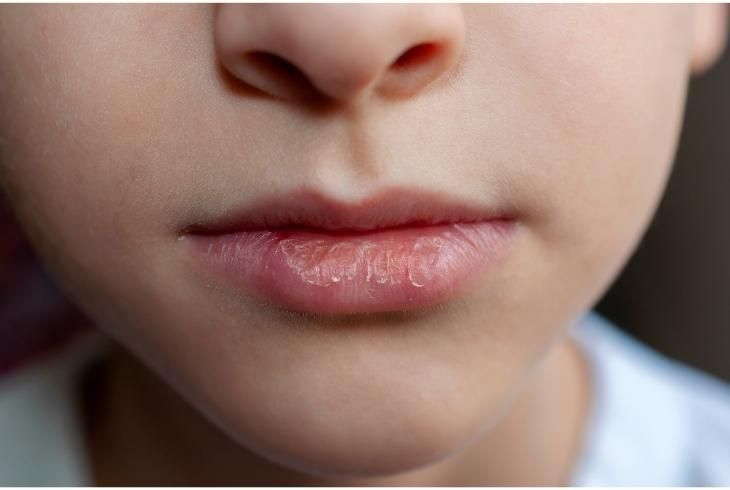
Last but most definitely not least would be the side effects of each cannabinoid. From this alone, we can say that taking CBD can completely be tolerated, even if taken in larger and heavier doses.
Some CBD side effects, according to people who have used them, include:
- Changes in Appetite
- Dizziness
- Diarrhea
- Weight Loss
- Fatigue
Taking THC, on the other hand, would result in various bodily changes due to its binding with some receptors in the brain. These side effects include:
- Dry Mouth
- Anxiety
- Increased Heart Rate
- Slower Reaction Times
- Memory Loss
These are the primary distinguishing factors between THC and CBD. So, if you’re confused and unsure of how these are different, even if they are from similar marijuana plants, here are the answers!
Hemp vs. Marijuana
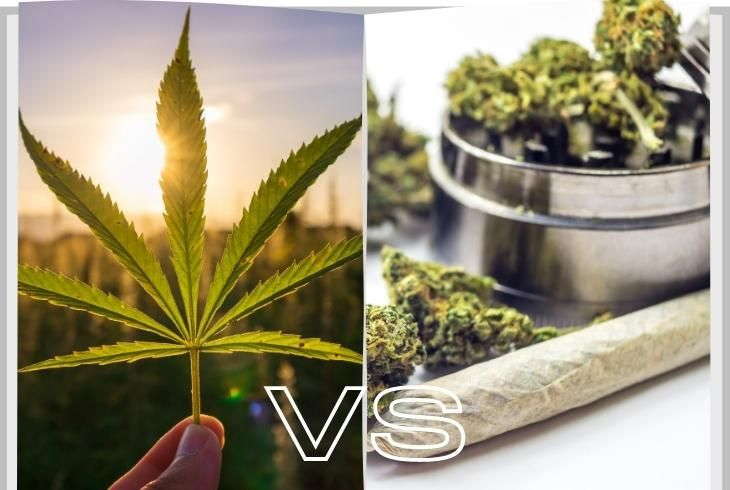
The never-ending debate between hemp and marijuana plants, as well as how they differ, drive enthusiasts crazy. So, let me explain the major factors that make them distinct and different!
Hemp is the term used to categorize ANY cannabis herbage that contains 0.3 percent THC or less (by dry weight). Marijuana, on the other hand, are cannabis plants that have higher than 0.3 percent THC (by dry weight).
Parkour IMPACT Test – 22ft challenge! ??
What this means is that hemp-derived CBD products would not have enough THC levels to create that nostalgic and euphoric “high” that marijuana-derived CBD oil can potentially produce.
This is actually the only thing that separates hemp from marijuana, as also stated in the book authored by Ernest Small titled The Species Problem in Cannabis: Science & Semantics.
Small said that this small amount of THC in hemp is unlikely to get you high.
NOTE: Any drug comprised of a THC level that's less than 0.3 THC would not get you high.
Can CBD Get You High?
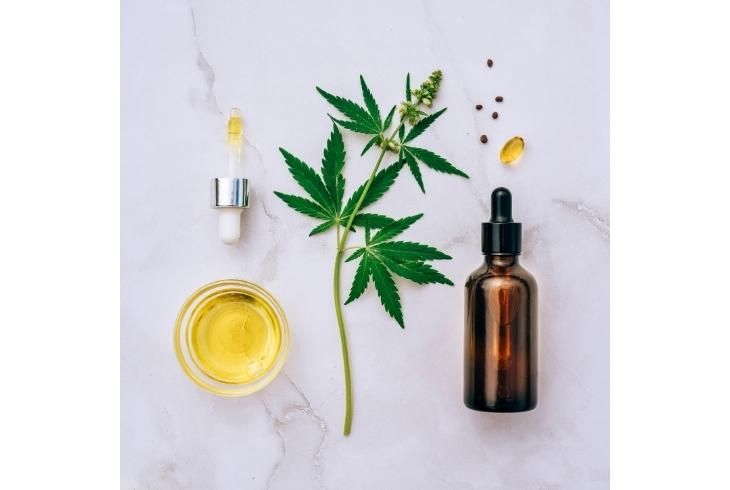
To answer this quickly and concisely, no, CBD does not get you high. It actually gets you to a lower state of mind because it gives you a more mellow, relaxing feeling — it calms you down.
Let’s back it up a little bit and look at the bigger picture. When we say “high,” what we think about is euphoric, energizing feeling — head high, as many people call it.
However, that is not the only feeling you can get from cannabinoids.
There are what Science calls psychoactive effects. These are effects that alter sensory perception, mood, and overall physical feeling. What it does is tap on the central nervous system, which helps modify our state of consciousness.
So, CBD, CBD oil, CBD pills, and other CBD products don’t get you high. However, it can actually influence and have psychoactive effects on your body by making you feel light, mellow, and calm.
Can CBD Oil Get You High?
No, not necessarily. As mentioned above, whatever product you take, since the majority of the compounds there is CBD, it wouldn’t get you high.
However, don’t be confused about being “high” from having “psychoactive reactions.” Just because it doesn’t make you high doesn’t mean it doesn’t work to change your consciousness.
CBD oil, or any other type of hemp-derived CBD, can make you feel calmer, more relaxed, experience less pain, and make you feel like time is extremely slower than it really is.
Different CBD Products You Can Use For Medication
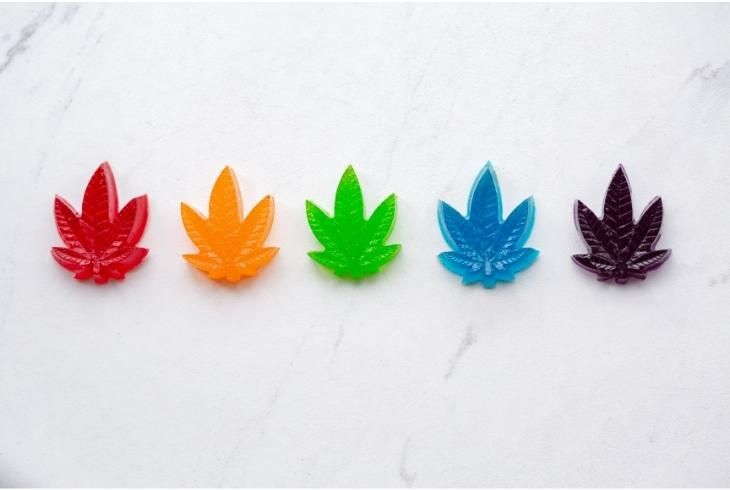
You can purchase CBD products in many different forms. The most common products you can get them on are:
Oils
CBD oil is a product that has been openly derived from the cannabis plant. There are a ton of options for CBD oils; you can go for isolate, full-spectrum CBD oil, or broad-spectrum oil.
Full-spectrum CBD oil is the category that can give you the most benefits because of the all-natural effects it has.
You use these oils by dropping one (1) to two (2) small droplets of the product under your tongue.
DISCLAIMER: This article would not be liable for any effects you'll encounter. Please contact your local healthcare provider if you'll use CBD oil as the first drug for your diagnosis.
Gummies
Other than smoking, inhaling, and dropping oils, there are also what’s called edibles. These are taken and used by eating them, and one of the best examples of edibles would be CBD gummies. These are candies infused with CBD oil.
Capsules
Capsules are oral pills and/or capsules that are intended to deliver recommended amounts of the compound to the body via the digestive tract. They are often used as an effective solution to treatment-resistant epilepsy in children and adults.
Topicals
Last and most definitely not least are CBD topicals or any other external applicator. These can include anywhere from applicators, balms, creams, lotions, salves, or any other external product applied to the skin infused with CBD oils.
NOTE: The FDA HAS NOT APPROVED nonprescription CBD products. So, if you are purchasing a CBD-based drug, be sure to check state laws and if the label is valid and legit.
These are just some of the current CBD products you can get on the market this year. Over time, several other products will become available, and in no time, they’ll have the necessary FDA regulation for them to be universally accepted!
How Much CBD Can Get You High?
There’s actually not enough evidence about how much is needed to alter your consciousness. However, Healthline suggests that starting your dosage with 20 to 40 mg a day would more likely be enough to relax and mellow you out.
There are people who suggest a dosage that’s about 50 to 55 mg. I wouldn’t recommend this, though, unless you were able to ask about the insights of wellness professionals regarding this matter.
Effects & Risks of Products Derived From the Cannabis Plant
Now that we’ve separated CBD from THC let us now go with the effects, risks, and side effects of using CBD oils!
CBD Oil Risks
Using CBD product variations, whether oils, edibles, or topicals, entails a couple of risks, just like any other type of compound. These risks include:
- General craving to consume and use cannabis
- Withdrawal symptoms
- Anxiety
- Sleep difficulty
- Decreased appetite
NOTE: Don't worry, because if you are asking what is "too much" CBD, it's about 20,000 mg. Only by consuming this amount will you experience severe forms of risks.
CBD Oil Effects
According to Forbes, the following are the effects that have been linked to the use of cannabidiol-infused oil as an active ingredient derived from marijuana.
- Balances out depression and anxiety
- Helps get over the addiction to opioids
- Greatly reduces PTSD symptoms
- Alleviates multiple sclerosis symptoms
- Relieves great pain
- Eases complications of diabetes
- Protects the body from the manifestations of neurological diseases
- Impedes symptoms of arthritis
NOTE: The FDA approves the first drug with ingredients derived from marijuana to actively and successfully treat rare forms of epilepsy.
FAQs:
Here are some of the other frequently asked questions about these cannabidiols!
How Do Cannabinoids Work?
They’re chemicals, so, you can’t expect them to have a noticeable appearance whenever they’re in effect, no. Instead, these major and minor cannabinoids interact with receptors in the brain and control how cells send, receive, process, and manifest certain messages.
How High Can You Get On CBD?
Well, to answer this quickly and concisely, you wouldn’t actually get “high” like how you would with its counterpart — THC. THC produces a real and actual state of elation and euphoria, which is capable of changing and altering space, time, and feeling. You can get pretty high on it, but the effects would rather be of mellowing and less anxious.
What Are the Side Effects of CBD Oil?
Akin to other types of medications, you can also experience a couple of side effects when you use or consume them. These side effects include:
- Dry mouth feeling
- Diarrhea
- Reduced appetite
- Drowsiness
- Fatigue
Can CBD Make You Fail a Drug Test?
CBD itself won’t actually result in a positive drug test, but since several products contain small amounts of THC, people can still test positive.
The Bottom Line
So, can CBD get you high? It won’t get you high like how THC products can, but it can alter your consciousness all the way through!

